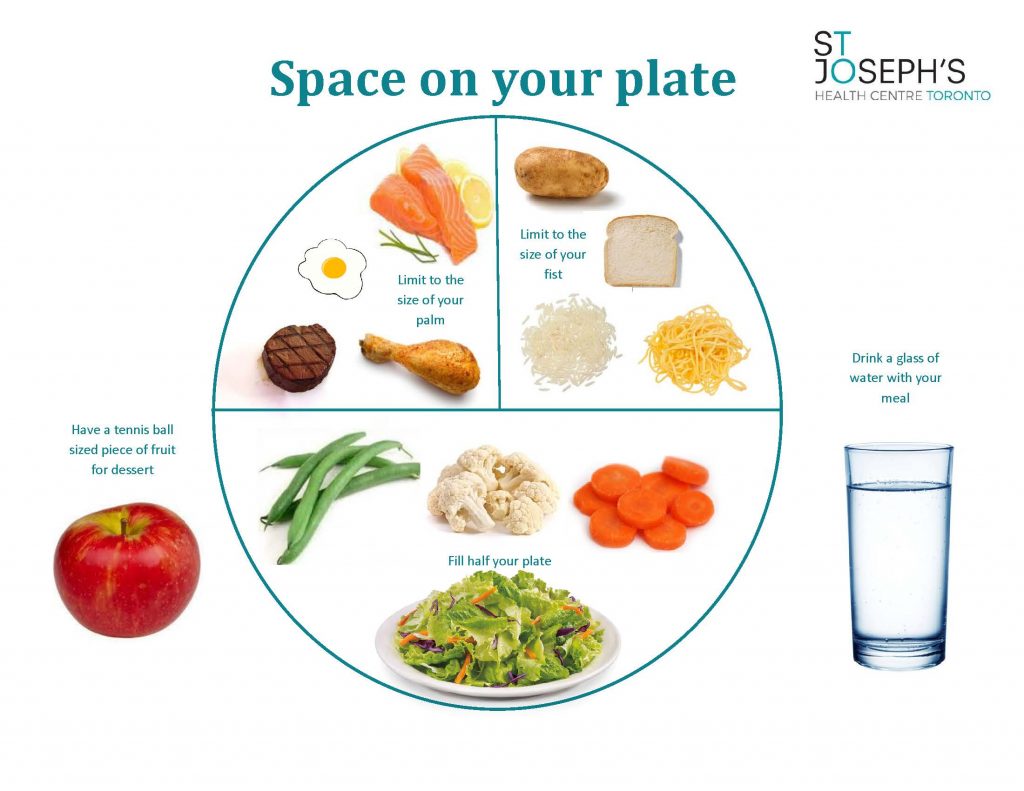Reimagining patient education: building better tools to improve health literacy

June 12, 2019
By Emily Dawson
With support from the Patient and Family Education program, Lucy Chen has learned valuable lessons to help patients with kidney disease better understand and interpret complex health information. As a frequent participant in the program’s Community of Practice sessions, Chen has embraced Unity Health Toronto’s proactive approach to tackling health literacy issues and their impacts on patient care and the hospital experience.
In the last decade, research has confirmed that low health literacy is associated lower adherence to medication, poor chronic disease management and outcomes, and increased hospitalization.
In response, the program’s team has created workshops and courses that help staff, physicians, and learners develop more impactful patient education strategies and resources based on best practices.
“Many patients have difficulty understanding or remembering the information provided by their health care providers,” said Katrina Grieve, a patient education specialist at St. Michael’s Hospital.
“Effective education strategies and tools can improve patient safety, increase patient engagement in their care, and ultimately improve outcomes.”
Bringing together professionals from multiple disciplines, the program offers Community of Practice sessions that provide a forum to hear directly from patients and families and share ideas.
Chen, a care and transitions facilitator in the diabetes and kidney transplant clinics at St. Michael’s, credits Community of Practice for improving how she communicates complex health information in an accessible way for patients.
“Because our patients deal with chronic illness, education is a huge component for us. When we engage with patients for their feedback, it helps make our education content more patient friendly and useful,” said Chen.
“It’s a shift in attitude, really. It’s not enough to simply put information out there. It’s our responsibility to make sure people understand and can use the information to improve their health.”
At St. Joseph’s Health Centre’s renal satellite outpatient clinic, dietitian Fiona Bellefeuille cares for a similar patient population as Chen.
Bellefeuille is a passionate advocate for better patient education and recently attended a Community of Practice session on developing patient videos.
“Our clinic patients on hemodialysis sit in chairs for four hours and each chair has a TV. Our end goal is to run videos that help people with disease management,” said Bellefeuille.
 “Simple, straightforward, visual materials are so effective and transcend language and health literacy barriers. The session made me think about how to include more pictorials and graphics in our education materials.”
“Simple, straightforward, visual materials are so effective and transcend language and health literacy barriers. The session made me think about how to include more pictorials and graphics in our education materials.”
The renal clinic has developed other innovative education channels. They held their first grocery store tour with patients and families this spring to empower people to make healthier food choices. The clinic also hosts monthly education events on lifestyle issues affecting renal health as well as a yearly health symposium.
“Face-to-face information exchange is so important. The consistently high turnout shows that our events are making a difference,” said Bellefeuille.
Incorporating the patient and family voice in Community of Practice sessions can make a lasting impact on those who attend. A recent quality improvement project and poster presentation by St. Michael’s Joanne Bennett and Katherine Mansfield illustrated the impact of the patient perspective on their work.
On the general surgery unit, each bed has a whiteboard that should be – but isn’t always – updated daily with information like the date, how the patient is feeling, what the patient prefers to be called, their goals, and names of their care team members. Bennett and Mansfield were surprised to hear from patients that they feel demoralized when staff don’t take time to update the bedside whiteboards.
Said Mansfield, a registered nurse on the unit: “When a patient is in a hospital bed, the whiteboard becomes a very big part of their very small room. Patients told us that updated boards improve their overall experience.”
“A patient told me that he ‘feels like he matters’ when clinicians incorporate information from the board into his plan of care,” said Bennett, the unit’s clinical leader manager.
“It reinforces how important it is to be in dialogue with patients and to remain patient-centred in the midst of our busy days.”
Course offerings through the Patient Education program allow a deeper dive into patient education best practices.
Valerie McWhinnie is a physiotherapist in Providence Healthcare’s Stroke and Neuro Rehab. She attended a course that taught her how to use the teach-back technique – an approach to teach a skill or present complex information by breaking it down into simple pieces and having patients repeat in their own words what they just learned.
“I now ask patients ‘can you tell me what you understand about that?’ You may think that you’ve given great information but you don’t always know what they’ve absorbed,” said McWhinnie.
“Interestingly, another thing I heard from a patient during a teach-back was her discomfort when I mentioned her multiple sclerosis while we were in the rehab gym. I’m not sure if she would have felt comfortable sharing that if we weren’t in this open dialogue.”

